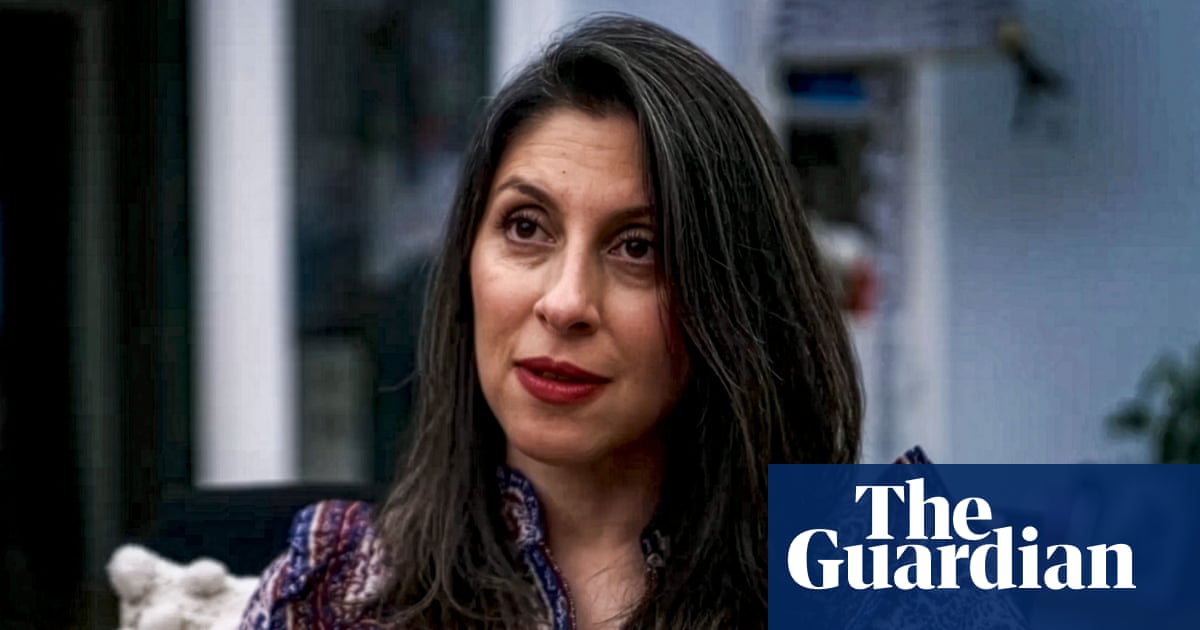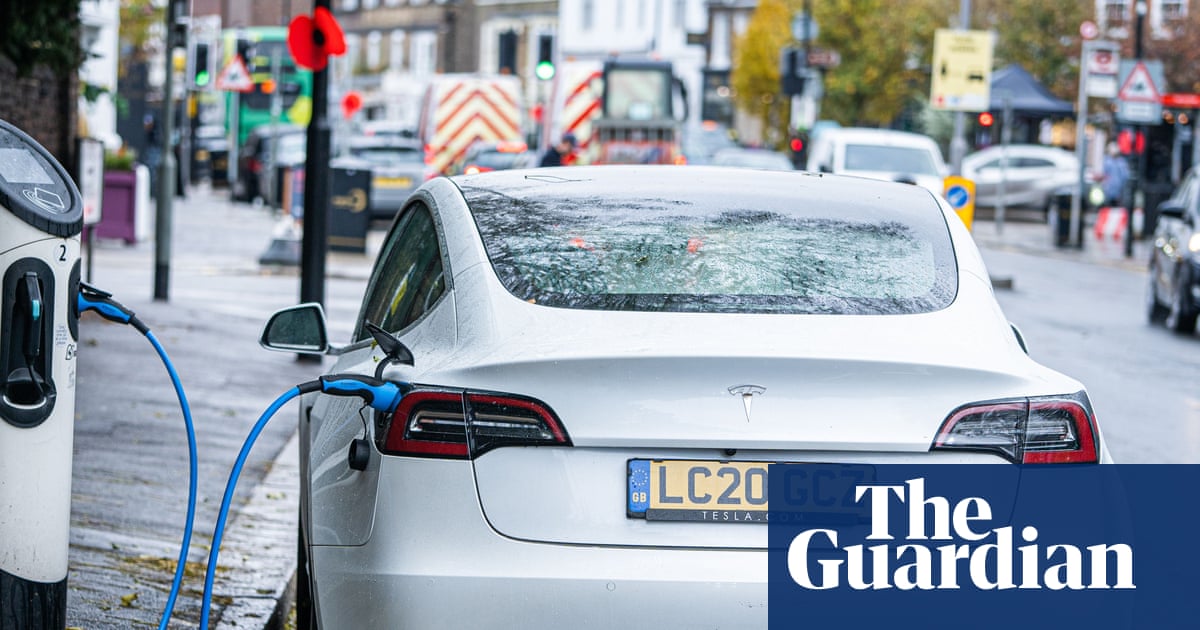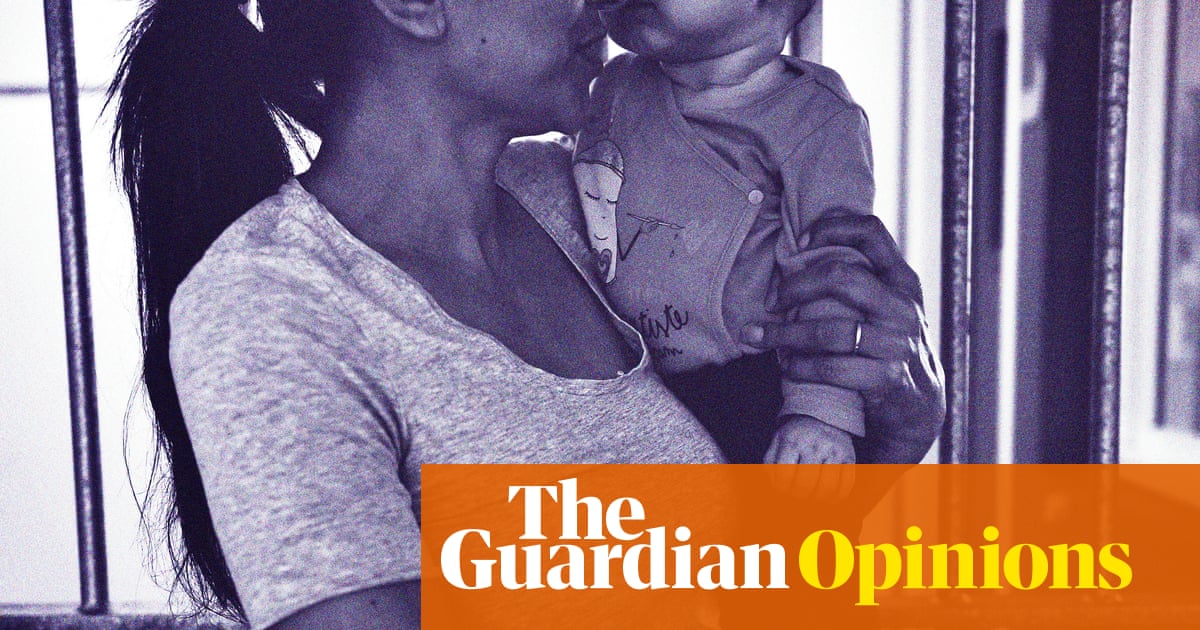The families of the murdered MPs David Amess and Jo Cox have voiced concern about a recent surge in violent political rhetoric in Britain.
While the fatal attack on a synagogue in Manchester and targeting of muslims have placed a renewed spotlight on violent antisemitism and Islamophobia, there are also concerns over an increasing normalisation of language calling for political figures to be killed.
Examples include the suspension of a Reform UK councillor linked to a social media account calling for Keir Starmer to be shot and the arrest of a man allegedly captured on film at major far-right rally last month in London threatening to kill the prime minister. At the same rally, Elon Musk made comments that later drew condemnation from Downing Street when he told the crowd that “violence is coming”.
The language comes after a summer of anti-immigration protests, culture war flashpoints and a surge in podcasts and YouTube videos predicting civil war.
Speaking ahead of the fourth anniversary of her father’s death this week, Katie Amess, said the murder of the rightwing activist Charlie Kirk had been a triggering moment for her family but should also come as a wake-up call in the UK.
“My father was someone who had just as many friends in the Labour party as in the Conservative party and worked with people from all sides, so he would be horrified at the insidious way in which dehumanising language has increasingly crept into social media,” she said.
“To hear of the kinds of things that are being said and the explicit threats that are being made about political figures – including the prime minister – is deeply shocking.
“We can’t bring my father back, but we can surely learn lessons and realise that it is time to dial down the temperature of what is being said both online and offline.”
Brendan Cox, who was married to Jo Cox when she was shot and stabbed by a far-right extremist during the EU referendum campaign in2016, warned high levels of polarisation and division in Britain were making violence more likely.
“In the US, our nearest cultural neighbour, there is a zeitgeist of renewed political violence. We had hoped that what happened after the deaths of Jo and David, when everyone drew breath, would happen after the death of Charlie Kirk. Instead, what has happened in the US is being used as another way of stoking political division,” he said.
Those on Britain’s right too are expressing concern about their safety. Nigel Farage accused Keir Starmer’s of inciting violence against Reform UK members by levelling accusations of racism at the party.
“This language will incite and encourage the radical left,” said Farage, who has called on the police to act against TikTok users who he said had called for him to be shot.
However, while the police have been quick to act in some cases, there is also concern over an apparent inconsistent approach between forces.
Another stark example of the language being directed at Starmer include footage seen by the Guardian of a far-right activist involved in protests against asylum seekers in Leicestershire calling for him to be killed on the day of the London rally.
“I don’t care if I get shut down for it … I would love to see Keir Starmer get shot dead outside No 10 Downing Street … bam … straight in his head … boom … gone,” Chris Boyall told the 21,000 subscribers to his England Till I Die YouTube channel days before travelling to London.
“Fucking too right … on the 13th of September it would be the perfect day for it, wouldn’t it? Shoot him fucking dead.”
Leicestershire Police said they were aware of the video, adding it had been reviewed thoroughly but “at this time, no criminal offence has been identified”.
“We recognise the importance of balancing freedom of expression with the need to protect individuals and communities from harm,” a spokesperson said.
The response was questioned by Stand Up to Racism, which highlighted the footage. “He called for the assassination of the prime minister, specified the method and said it should be done on a day he would presumably be outside the residence of the prime minister.”
Cox suggested that incitement to violence might not be taken seriously by some forces who were under pressure for arresting people over non-crime hate incidents.
“We don’t, and have never had, an interpretation of free speech which means you can incite violence,” he said.
Concern that the acceptability of using violence might rise if those threatening it were not prosecuted was meanwhile voiced by Jonathan Hall KC, the Independent Reviewer of Terrorism Legislation
“It’s true that Counter Terrorism Police will point to all their other priorities, and sometimes local policing may be enough,” he told the Guardian, adding that terrorist powers would sometimes be needed for cases of politically motivated attacks or violent threats against elected politicians.
“Unless perpetrators are caught and prosecuted, there is insufficient deterrent. The acceptability of using violence to attack democratic institutions will creep up without a more consistent response.”

.png) 1 month ago
50
1 month ago
50

















































